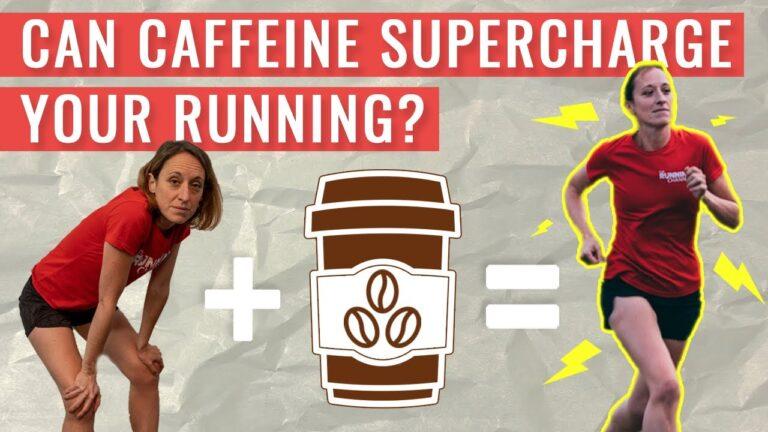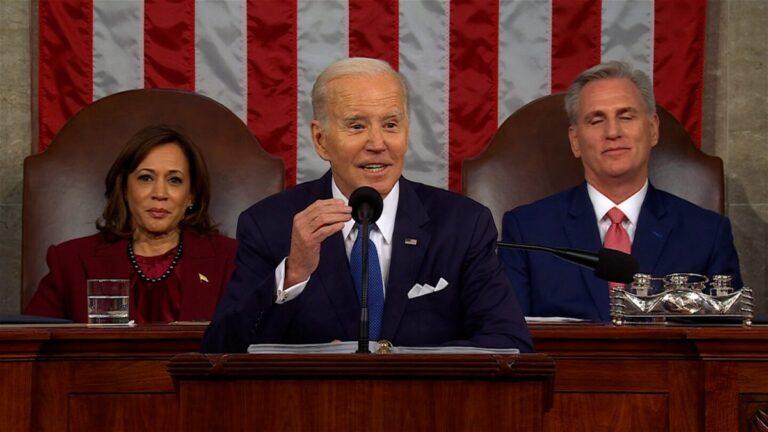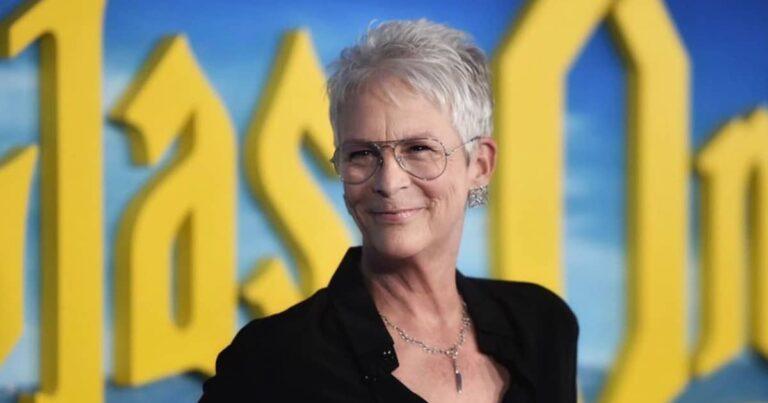As long as there have been tweens and teens, they have been hanging out in stores, flocking to brightly-colored merchandise. But the galvanizing recent discovery that the little girls have overtaken our Sephoras seemed to come out of nowhere. NPR reports that adolescents “spent 33% more on cosmetics and 19% more on skin care this year compared with last year,” and their presence has set of a wave of polarized hot takes on what they’re doing there. Yet the strangest aspect of the phenomenon to me is what those consumers are spending their parents’ money on, and how our profoundly our collective revulsion — and confusion — around aging has trickled down to a demographic that has itself barely aged a single decade. Suddenly, the Glossier era seems like a simpler time. “The Sephora fascination started at 11,” says Rosy Sandhu, M.D., an internal medicine specialist, founding director of Neem Medical Spa, and mother of a now 12-year old daughter. “And it started not just with her, in fact. It was almost a peer pressure to be part of the cool group of girls. There’s so much going on in beauty influencing that they want to go to the mall or to Sephora together and just look at skincare.” But there can be complications when products formulated for adults are used on children. For starters, their skin might not be able to handle them. Sandhu says when her daughter that told her she “needed to do her skincare routine, she surveyed her products. “I was pretty surprised,” she says. “There was vitamin C, there was niacinamide, there was hyaluronic acid.” These popular ingredients are use to help fight inflammation and retain moisture, among other properties, but children’s skin can be more sensitive and delicate. They typically don’t need the same level of skincare that adults do. We need your help to stay independent And when Sandhu noticed redness under her daughter’s eyes recently, she asked what was going on. “She said, ‘Mom, I bought this new eye cream because I felt I had dark circles.’ I was taken aback because at 11, you don’t have dark circles. I saw she had some product which had a low percentage of retinol, which for a a 30 year old would be something I would recommend. But at 11 or 12, it was going to burn her face. What’s happening there?” “She said, ‘Mom, I bought this new eye cream because I felt I had dark circles.'” Why are people who haven’t even hit puberty yet going so hard on anti-aging? Some of it may just be geography. Fast food chains are shuttering; and over 2,800 retailers closed down last year alone. As Dr. Sandhu points out, kids want and need spaces to congregate — and especially in the colder months, there aren’t that many other options beyond the local Sephora and Ulta. Part of the packaging inside these stores — such as Generation Alpha favorite Drunk Elephant (a brand I’ve always found too rich for this middle-aged wallet) is distinctive for its bright colors, a signature straight out of the Lisa Frank playbook. And then there are, of course, the influencers, sharing their hauls Want more health and science stories in your inbox? Subscribe to Salon’s weekly newsletter Lab Notes. Yet another factor is the increasingly distorted visions we see in our social media feeds. A 2021 UK study of females and nonbinary young adults found that 90% of respondents reported that they used filters or editing “to even out skin tone, reshape jaw or nose, shave off weight, brighten or bronze skin and whiten teeth,” with 75% admitting they feel they can “‘never live up to the images you see.” A similar U.S. study of teens from Parents Together corroborated with those figures, with 87% of respondents saying they use a filter on social media, and almost 1 in 5 saying they “use a beauty filter on every single one of their posts.” “These girls are super sweet,” says Dr. Sandhu. “But I think they’re just bombarded by this information. And they feel paranoid and scared of acne or a line. They’re just so scared of not being able to be accepted in their social circles if their skin is not perfect and filtered.” We all have to walk around in our skin our whole lives, and it’s a good idea to take care of it. Boring as it sounds, that mostly means keeping it clean, hydrated and protected from the sun. (Only 13% of us use sunscreen every day.) But the language we have around skincare, like so many other aspects of our daily lives, fixates almost exclusively on youth. “When it comes to ‘anti-aging,’ the term is a misnomer that I too am guilty of using sometimes,” says David Li, MD, a Boston dermatologist and also the chief operator at Boston Derm Advocate. “It really should be something like ‘wrinkle reduction’ or ‘sun spot reduction’ or a combination of those ideas and maybe more. Of course,” he says, “it doesn’t sound as sexy as ‘anti-aging.” But when it comes to kids, Li adds, “Retinol can be a helpful ingredient for preventing acne, so it makes sense for teens to use it if they have acne.” But for children, he says, “I think we need to actually explore this trend a bit more to understand the motivations. Is it really for ‘anti-aging’? Or is skincare the new cool toy that people want to have on the playground — and it really ends up being about peer pressure or the need to fit in?” I’m not going to hand wring over kids experimenting with nail polish and blush; I’ll let someone who didn’t spend their middle school years cruising the cosmetics aisle of Walgreens throw the first Lip Smacker there. And I know that a lotion isn’t always just a lotion. “Gen Z and Alpha’s interest in skincare may well represent something far deeper,” says clinical psychologist and Therapy Rooms co-founder Dr. Daniel Glazer, suggesting it could be “a longing for self-care and purpose during volatile times. Investing in wellness rituals provides stability when so much feels out of control.” He suggests that “Rather than stigmatize their attempts at control or self-soothing, I believe we must guide youth to channel this energy into realms that uplift humanity. When we know our role in life, time becomes less an enemy to conquer and more an ally helping us leave meaningful legacies.” He adds, “We all have fears about aging; the young are simply more vocal about it.” “We all have fears about aging; the young are simply more vocal about it.” Personally, I agree, and I also think our cultural terror of growing old must be pretty extreme when actual children are feeling it. And I have other concerns about what happens our aesthetic ideal is somewhere in the toddler zone. As someone who grew up squarely in the Brooke Shields and Love’s Baby Soft era, I recognize how rapidly the road can go from “As young as possible is as beautiful as possible” to “As young as possible is as sexy as possible.” “Youthful” is one thing. “Childlike” is something else, and the obsessions and anxieties of tweens boomerang right back to all of us, making the quest to eradicate the visual signals of adulthood turn creepy, fast. Consider, for instance, a recent Business Insider headline on the headline grabbing “biohacker” Bryan Johnson, who brags that thanks to his “Project Blueprint” protocol, his 46 year-old skin has the same amount of wrinkles as a 10 year-old child. Ah, but is it a 10 year-old who has a rigorous anti-aging skincare routine? “There has been so much emphasis in magazines and TV and social media about anti-aging, you just feel like everybody, even a fetus, needs to be on them. It’s the silliest thing ever,” says Dr. Rosy Sandhu. “You have to age to a certain point.” Sandhu also recognizes the distinction between pampering and play and potentially anxiety-inducing practices. “It’s different when we do spa parties for young girls, or just take them for manicures, pedicures,” she says. “That’s cute. That’s different. But the messaging right now is going so much into ageism, and that’s a worry.” And she wonders, “If you’re starting to get concerned about this at 11 years of age, what’s going to happen at 20 and 30, when you actually start getting early signs of laxity? How are they going to be able to accept that?”
This content was originally published here.




















